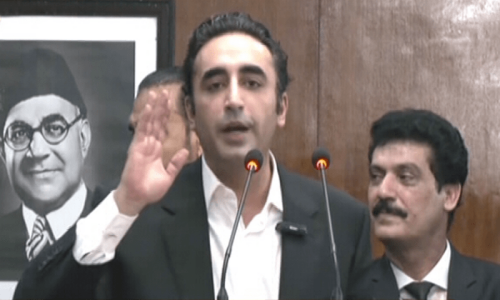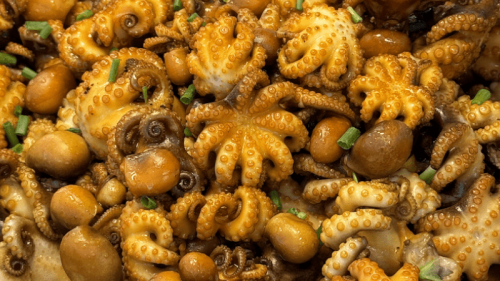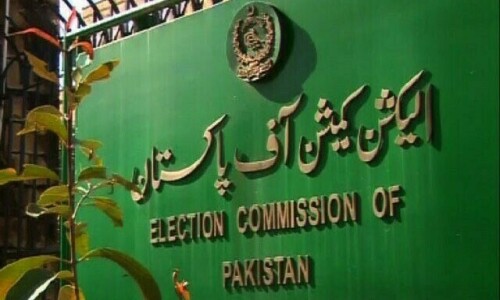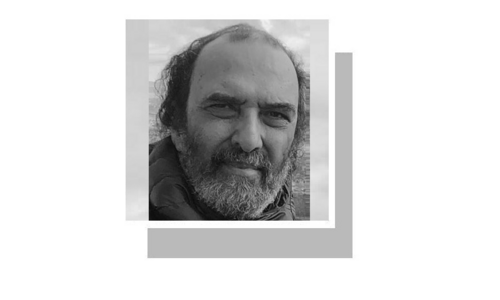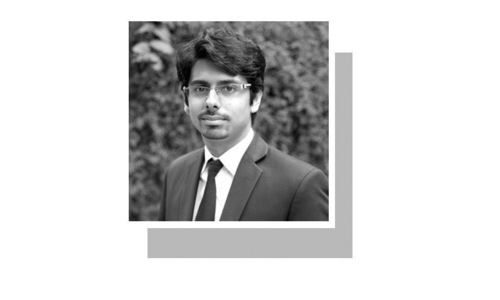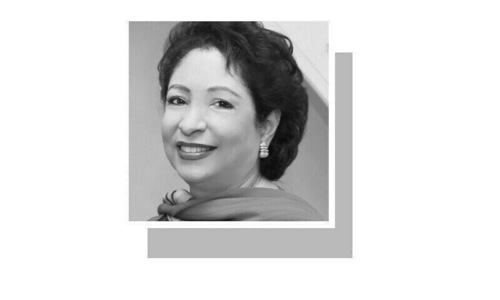The National Accountability Bureau (NAB) on Tuesday challenged before the top court the Islamabad High Court's (IHC) decision to suspend the punishments of the main accused in the Avenfield corruption case.
The IHC on September 19 had granted bail to Nawaz Sharif, his daughter Maryam Nawaz and son-in-law Capt retired Mohammad Safdar after suspending their respective prison sentences handed down by an accountability court.
A three-member Supreme Court special bench, headed by Chief Justice of Pakistan (CJP) Mian Saqib Nisar, heard NAB's appeal.
NAB's counsel argued that the IHC had crossed a line by commenting on the facts of the case, which, he argued, could only be done if the convict's life was in danger or if the date of appeal was not fixed for a long period of time.
The anti-graft body said that the IHC had instead commented on the facts of the case while hearing a constitutional petition.
The CJP pointed out that the NAB counsel had given similar arguments earlier as well. He further agreed that the court could not comment on the facts of an ordinary case, but said this case was a special one.
He then directed Nawaz's lawyer, Khawaja Haris, to present his arguments.
"The verdict was issued on a writ petition," Justice Nisar said, noting that the IHC had declared that the evidence provided by NAB in the case was questionable.
"How can the high court point out faults in evidence while giving a verdict on an appeal for bail? This is what NAB has challenged," he observed.
He added that the apex court had earlier rejected NAB's appeal out of "mercy".
"How about we nullify [IHC] verdict?" asked the chief justice, before telling Haris to produce "one court verdict" that can be considered as precedent to justify the IHC's decision.
Haris responded saying that the case against Nawaz and his family was that of assets beyond income, but that the assets in question belonged to Nawaz's children and it was up to NAB to prove that the assets exceeded their income.
The CJP, however, said that if Nawaz had admitted that his children owned the Avenfied properties, he must also provide details of his income at the time they were purchased. He noted that according to income tax laws, the burden of proof lies on the accused.
The hearing was subsequently adjourned till Nov 12 and both parties were ordered to submit their arguments in writing.
Suspension of sentences
In its appeal, filed through special prosecutor Akram Qureshi, NAB has pleaded the apex court to set aside the high court order and recall the relief of suspending the sentence and the grant of bail to all the accused.
On Sept 19, a division bench of the high court had set free Nawaz, Maryam and Safdar after accepting petitions seeking the suspension of sentences awarded to them by the accountability court on July 6. Accountability Judge Mohammad Bashir had convicted the three in the Avenfield apartments reference and awarded 10 years, seven years and one year imprisonment to them, respectively.
In its appeal, NAB contended that the high court had failed to appreciate that through its order, it had seriously prejudiced the case of the prosecution by holding that the trial court judgement suffered from obvious and glaring defects and infirmities and that the convictions and sentences handed down to the accused might not sustain ultimately.
According to NAB’s appeal, the high court did not appreciate the settled proposition of the law that questions of facts could not be raised in a constitutional jurisdiction. It said the counsel representing the Sharifs indulged into the same exercise of referring to evidence contained in the proceedings of the trial court.
Thus, it was clear and unambiguous that in the garb of their case before the high court, an attempt was made on part of them to argue the appeal and seek re-appraisal of evidence which was not permissible in the exercise of the constitution jurisdiction of the high court, the appeals said.


















